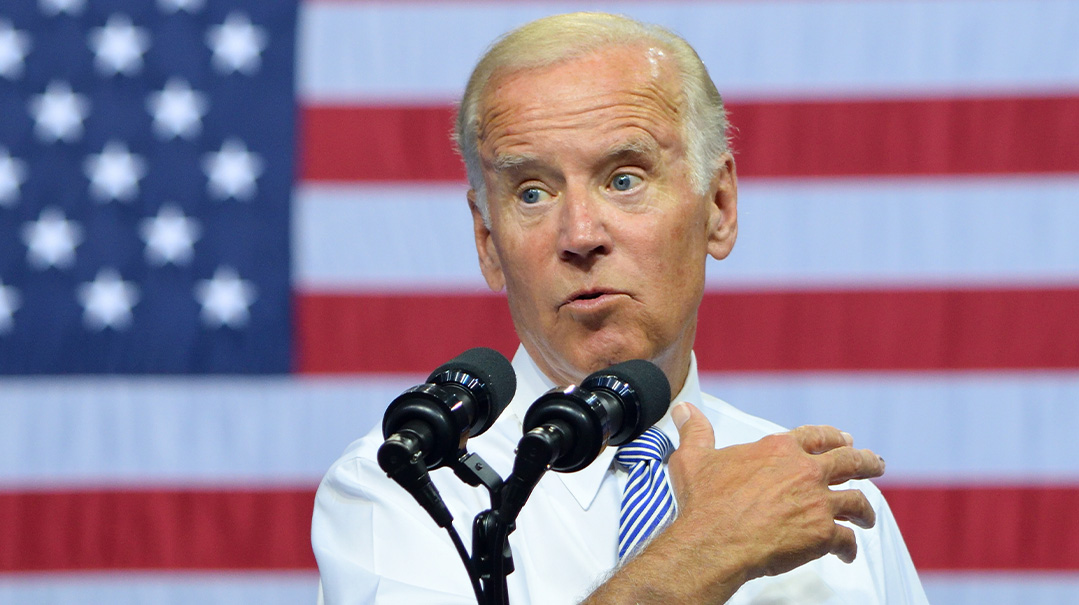China Shuffles the Middle East Deck

Beijing's sudden entry into Iran-Saudi peacemaking redraws the Mideast map

For several years now, the Washington diplomatic rumor mill has churned out talk of Saudi Arabia and imminent normalization of ties, presumably with Israel. But last Friday, word came that instead, the Kingdom of Saudi Arabia had normalized its ties with Iran — in a deal mediated by China, no less.
The news came just a day after the Wall Street Journal published a report detailing the Saudis’ demands to America in exchange for normalizing ties with Israel. According to the report, Saudi Arabia demanded that the United States provide it with security guarantees and help it develop a civilian (non-military) nuclear program in exchange for establishing diplomatic relations with Israel. However, Saudi Arabia reportedly held back, due to fear of backlash from the Arab world and assessments that it would exacerbate the kingdom’s tensions with Iran.
Another obstacle to normalization of ties between Israel and Saudi Arabia is the Biden administration’s lack of appetite for helping Saudi Arabia militarily, in light of the White House’s frosty relations with Crown Prince Mohammed bin Salman, and assessments that many in Congress would oppose such a move.
And just 24 hours later, it became clear that not only had no breakthrough occurred on the Israeli-Saudi axis, but there had actually been a breakthrough on the Iranian-Saudi axis — and what’s more, through Chinese mediation. As readers may recall, Chinese president Xi Jinping was very warmly received on his visit to Saudi Arabia two months ago, in stark contrast to the cold shoulder Biden was treated to a year ago. And while OPEC countries decided to actually cut oil production after Biden’s visit, President Xi’s visit was followed by economic cooperation deals between the two countries.
At first, it looked like just another signal of irritation from the Saudis. Something along the lines of “Look, we have alternatives.” But by now there’s no ignoring the new axis emerging. While it’s not new for the Chinese to be trying to gain a foothold in the Middle East, what is new is for them to pull off a major diplomatic coup, as the peace between Saudi Arabia and Iran could have an immediate impact on the war in Yemen.
On the other hand, some believe that Iran and Saudi Arabia, which represent two competing streams of Islam (Shiite and Sunni), won’t become fast friends overnight, and that the normalization deal is a tactical move at most. If this assessment proves correct, there may still be a window for normalization of ties between Saudi Arabia and Israel, despite everything.
But that’s not going to happen overnight.
“The agreement between Iran and Saudi Arabia was announced just as reports indicated that the Saudis are still actively considering normalization with Israel, so long as the concessions from the United States are enough,” says Jonathan Schanzer, senior vice president at the Foundation for Defense of Democracies in Washington. “In other words, normalization with Israel can still occur.”
Schanzer says that Xi Jinping has taken measure of his country’s standing in the world, and has decided to throw his weight around. “China is now flexing new diplomatic muscles,” he says. “Beijing is endeavoring to demonstrate that it has significant influence, beyond the transactional interactions it is known for. This is something to watch, particularly for countries like the United States, which seek to limit Beijing’s influence.”
One question weighing heavily in many analysts’ minds, given the longstanding tensions between Tehran and Riyadh, is why now. The two countries have tried to hold diplomatic negotiations since April 2021, but to no avail.
“They’ve maintained a dialogue for months, with little to show for it,” Schanzer explains. “The dialogue has been largely driven by the Saudis’ interest in lowering the military threat from Iran and its proxies. So in that sense, this is not surprising. But the fact that China brokered it was something of a shock. Also, there were few if any indications that such a deal was imminent.”
The larger question, however, is what this deal means for the Middle East.
“On the one hand, if the deal does what it should, we could see a reduction of violence in places like Yemen, where Iranian proxies are battling Saudi forces,” he says. “That could be positive. On the other hand, we may see other countries now follow suit, granting the regime in Iran more recognition, and perhaps paving the way for Iran to direct more of its aggression toward countries where it lacks such agreements. Israel immediately comes to mind.”
Still, a few points remain unclear. First of all, Jerusalem’s goal in normalizing ties with Saudi Arabia is not only economic cooperation, but first and foremost to build a coalition against Iran. While until now it was obvious which side Saudi Arabia was on, things are no longer so clear.
Secondly, the Biden administration is insistent in its denials that it has withdrawn from the Middle East and left a vacuum. Yet it’s hard to ignore that over the past two years, we saw the Biden administration first pull out of Afghanistan, and then focus almost 100 percent of its international attention on Ukraine. And furthermore, Biden declared human rights one of his number one priorities in international relations after taking office.
As a result, a de facto vacuum has emerged in the Middle East, which China is filling. China has no problem with Saudi Arabia, nor with Iran (Iranian president Ebrahim Raisi made a rare visit to Beijing last month and met with Xi Jinping), and certainly not with Russia. At the same time, the Russian-Iranian axis is tightening, with the Russians agreeing to supply Iran with SU-35 fighter jets. All this, especially China becoming a key player in the region, is bad news for Jerusalem and Washington.
(Originally featured in Mishpacha, Issue 953)
Oops! We could not locate your form.







